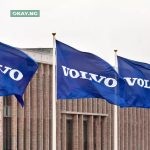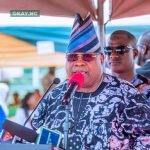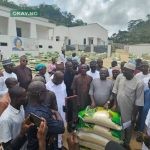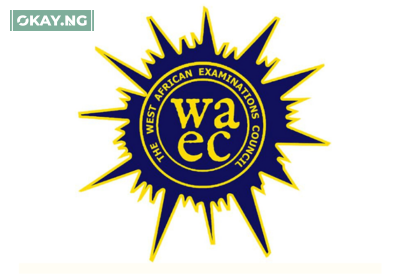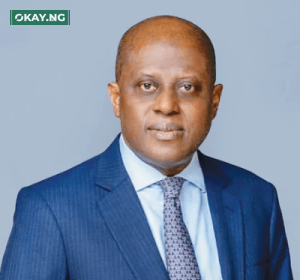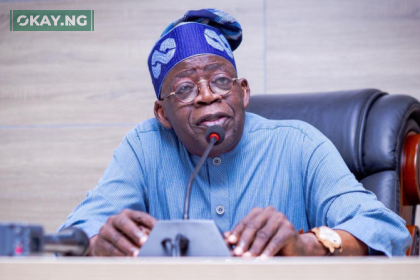At the opening ceremony of the North-East Humanitarian Multi-Stakeholders Engagement on Tuesday in Maiduguri, Borno State, the Federal Government said it needed N233bn to reconstruct and rehabilitate the North-eastern states ravaged by the activities of the radical Boko Haram sect.
This was disclosed at the meeting by the Chairman of the Presidential Committee on North-East intervention, PCNI, Gen. Theophilus Danjuma.
Danjuma who was represented by a member of the committee, Mohammed Danjuma, said the reconstruction of the North-Eastern states required proper coordination, cooperation and communication to alleviate the sufferings of the Internally Displaced Persons.
He assured Nigerians that the Federal Government and other stakeholders were committed to managing the humanitarian crisis in the region, adding that the displaced persons would return to their communities after the reconstruction of their destroyed communities.
Vice President, Prof. Yemi Osinbajo who declared the two-day workshop open, explained that one of the goals of the initiative was to strengthen the capacities of existing Civil Society Organisations, especially in the North-East region, and to aid the development of others where noticeable and important gaps exist.
He said “We are in Maiduguri to show humanity and to give milk of human kindness to our brothers and sisters who for six years have been ravaged by Boko Haram insurgency by killing, maiming and abduction of innocent people.”
Osinbajo who decried the state of the IDPs, added that many of the Boko Haram insurgents were victims of brain manipulations compelled to dehumanise themselves and shed the blood of the innocent.
His words in part: “This region has suffered tremendously in the past six years. It has suffered from the destruction of infrastructure, farmlands, businesses, trades, the destruction of schools and the loss of school years.
“Rebuilding, restoring and rehabilitation will cost money and time. But neither money nor time can fix the trauma of loss of family members, relations and friends, the shame of the raped, the scars and fears of parents of the abducted and the kidnapped, the bewilderment that comes with loss of homes, possessions and livelihoods and the pains of hundreds of thousands of orphaned children.
“The tasks before us are many and profound, to fix brick and mortar and to mend hearts and minds damaged by senseless murderous violence. But we are called not just to mend the hearts and minds of the victims but also of their traducers, and killers.
“The young men and women who have been brainwashed to kill, maim and destroy in the warped belief that by so doing they please God, they are also victims. Indeed, these perpetrators are themselves victims, trapped in the vortex of evil manipulation, compelled to dehumanise themselves as they shed the blood of the innocent.
“It is our duty to deconstruct the narrative that causes men to kill children on their beds at a boarding school at night even as we degrade the military capacity of the insurgents. The tasks are indeed many and profound.
“But while there is still so much to do, much has been done already. The many civil society groups, funding partners, regional and international partners who have given of their time, resources and even their lives in some cases, deserve to be commended. But for you, first responders, we would have been far worse off than we are today.”
Ratti Ndlovu, the United Nations country representative who spoke at the meeting, said Nigeria had the capacity to restore the shattered lives of the IDPs and reconstruct their destroyed communities.



